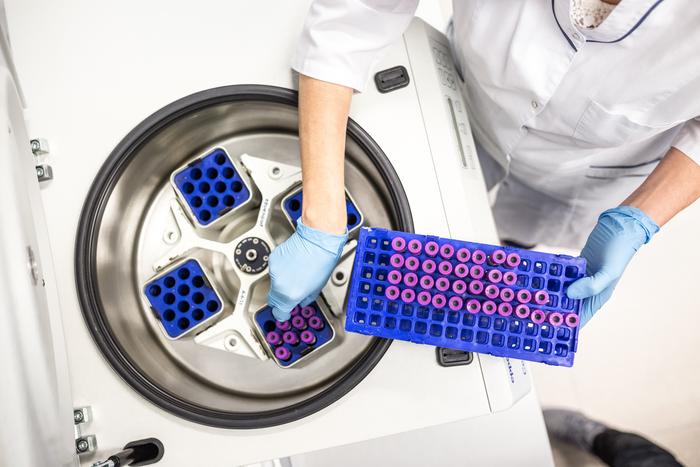Approximately one in seven couples face difficulties conceiving a child naturally. Half of these cases are due to male infertility – either caused by the complete absence or low number of mature sperm. In today’s clinical practice, over half of these cases remain unexplained, hindering optimal counselling, treatment, and prevention of potential comorbidities. Known genetic factors account for ~10% of male infertility; however, it is believed that a large portion of unexplained cases of spermatogenic failure are caused by genetic defects that are not analysed in the current clinical workup.

Credit: Renee Altrov
Approximately one in seven couples face difficulties conceiving a child naturally. Half of these cases are due to male infertility – either caused by the complete absence or low number of mature sperm. In today’s clinical practice, over half of these cases remain unexplained, hindering optimal counselling, treatment, and prevention of potential comorbidities. Known genetic factors account for ~10% of male infertility; however, it is believed that a large portion of unexplained cases of spermatogenic failure are caused by genetic defects that are not analysed in the current clinical workup.
The team led by Prof. Maris Laan (Institute of Biomedicine and Translational Medicine, University of Tartu) and Prof. Margus Punab (Andrology Clinic, Tartu University Hospital) set forward to identify the proportion of male infertility that is caused by a single defective gene. Genetic variation in 638 candidate genes linked to various forms of male infertility were analysed in 521 men with unexplained spermatogenic failure and 323 fertile men recruited to the ESTonian ANDrology (ESTAND) cohort.
Heterogenous genetic causes were identified in ~12% of the analysed patients. Disease-causing variants were detected in 39 genes that regulate spermatogenesis, genital development in utero and/or reproductive endocrinology. Notably, some infertility-causing variants were recurrent – identified in more than one patient in the ESTAND cohort or reported in patients from other populations, whereas some patients carried more than one genetic defect contributing to spermatogenic failure.
Since most genes have multiple functions, genetic defects that cause infertility may also play a role in the overall health of a patient. In this study, men with genetic infertility presented a fourfold higher prevalence of early-onset cancer than the general Estonian male population. Therefore, a precise molecular diagnosis is essential to assess and counsel not only about the reproductive health and infertility management, but also about other health risks linked to the identified genetic defect.
This is one of the largest studies conducted on the monogenic causes of male infertility. The study results have already been incorporated into the clinical practice in the Andrology Clinic of Tartu University Hospital in autumn 2022. A molecular diagnostic test based on the male infertility gene panel is offered to all patients with respective medical indications. The test allows for rapid identification of DNA defects in hundreds of genes linked to spermatogenic failure and improvement in the personalised treatment of infertile couples. According to Laan, the availability of gene panel-based tests in male infertility workup outside private practices is currently a rather unique opportunity.
The Andrology Clinic of Tartu University Hospital manages over 95% of infertile men in Estonia. The study cohort was comprised of patients representing diverse forms of severe infertility. Therefore, these population-wide study outcomes have a high potential to be applicable in andrology clinics worldwide.
Journal
The American Journal of Human Genetics
DOI
10.1016/j.ajhg.2024.03.013
Method of Research
Randomized controlled/clinical trial
Subject of Research
People
Article Title
Toward clinical exomes in diagnostics and management of male infertility
Article Publication Date
12-Apr-2024
COI Statement
There is no conflict of interest.




